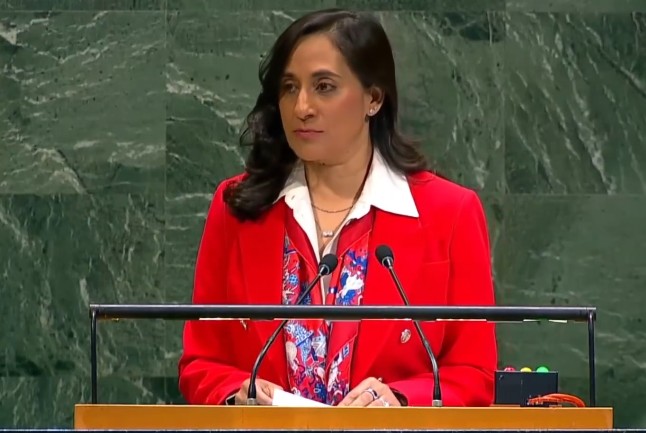40 per cent of Canadian farm operators will retire by 2033, placing agriculture on the cusp of one of the biggest labour and leadership transitions…reports Asian Lite News
Canada needs 30,000 permanent immigrants over the next decade to either start up their own farms, or take over existing ones, to address a looming labour crisis in the agriculture industry, says a new study.
According to a Royal Bank of Canada (RBC) research, 40 per cent of Canadian farm operators will retire by 2033, placing agriculture on the cusp of one of the biggest labour and leadership transitions in the country’s history.
Over the same period, a shortfall of 24,000 general farm, nursery and greenhouse workers is expected to emerge, and in 10 years, 60 per cent of today’s farm operators will be over the age of 65, that is, close to retirement.
Amidst all this, 66 per cent of producers do not have a succession plan in place, leaving the future of farmland in doubt, the study said.
Canada’s agricultural sector is among the most diverse in the world though the degree of demand for foreign workers differs significantly by province and operation.
When it comes to more highly-skilled farm operators, Canada has always welcomed them from India, the Netherlands, China, the US and the UK.
However, in case of immigration of low-skilled labourers, better policies are needed because the Temporary Foreign Workers (TFW) program, which remains a critical source of low-skilled labour, is just a provisional solution to a chronic issue, the study said.
Many of these TFWs who develop skills essential to seeding and harvests, must return to their home countries for short periods, and if they are unable to return to Canada, the country’s on-farm workforce is dramatically reduced.
RBC researchers said that a pathway to permanent residency for experienced TFWs will immediately address this type of shortage.
Canada had started an agriculture-specific immigration pilot programme in 2020 to give a path to permanent residency for non-seasonal workers with experience, which is set to end in May 2023, a CBC News report said.
As of February 2023, more than 1,500 people have been admitted through the program in Ottawa province.
A department spokesperson told CBC that they are assessing the pilot programme “and the possible extension beyond its scheduled expiry”.
The spokesperson added that giving migrants permanent residence “is not the solution to labour shortages”.














